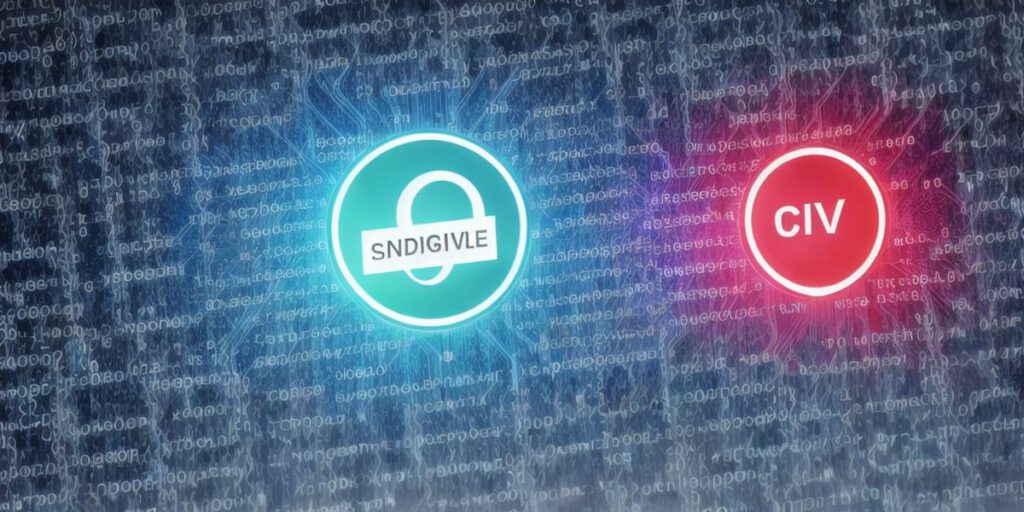Is it legal to copyright software


Software is a vital part of our daily lives, from using Google Docs to complete work assignments to playing games on our phones. With the increasing importance of software, the question arises: can you copyright software? This is a complex issue that has sparked much debate among legal experts and software developers alike. In this article, we will explore the legalities surrounding software copyright and provide insights from leading experts in the field.
What is Software Copyright?
Before we delve into the legality of software copyright, it’s important to understand what copyright is and how it applies to software. Copyright is a legal right granted to the creator of an original work, such as a book, song, or piece of software, that gives them exclusive control over its use and distribution. In the case of software, this means that the owner has the right to prevent others from copying, modifying, or distributing the code without their permission.
Is Software Protected by Copyright Law?
While copyright law does protect original works of authorship, such as code, it can be difficult to apply these laws to software. This is because software is a complex and constantly evolving product that often incorporates elements from other works, making it challenging to determine the true owner of the copyright.
One of the most significant challenges in determining software copyright is the "abstraction barrier." Abstraction refers to the process of taking a complex system or program and breaking it down into its basic components. In order to determine whether software is protected by copyright, courts must be able to identify the underlying creative elements that make the program unique and original.
Another challenge in determining software copyright is the "first sale doctrine." This doctrine allows individuals to sell copies of a physical work, such as a book, but not the original digital file. In the case of software, this means that if someone purchases a licensed copy of the program, they cannot resell it without the owner’s permission.
The Role of Patents in Software Protection
While copyright law may not always be able to protect software, patents can provide additional protection for software developers. Patents are granted by governments to inventors who have created new and useful products or processes. In the case of software, patents can protect unique algorithms, user interfaces, and other innovative elements that make a program stand out from its competitors.

One example of software protected by patents is Amazon’s "1-Click" system. This patent protects the one-click ordering process used on Amazon’s website, which has become a staple in the e-commerce industry. By obtaining a patent for this unique feature, Amazon was able to prevent other companies from copying and using it without permission.
The Role of Open Source in Software Protection
Another important aspect of software protection is open source. Open source refers to software that is made available to the public under a license that allows for free use, modification, and distribution. In some cases, open source software can be protected by copyright law, particularly if it contains original code or creative elements.
One example of open source software is Linux, which is used by millions of people around the world. While Linux is based on open source code, it has its own unique features and functionalities that are protected by copyright law. By using an open source license, developers can ensure that their work is widely available while still protecting their intellectual property rights.
Case Studies: Successes and Failures in Software Copyright Lawsuits
There have been many notable cases involving software copyright lawsuits, some of which have resulted in significant legal battles and financial losses for the involved parties. Here are a few examples of successful and unsuccessful cases that illustrate the complexities of software copyright law:
Successes:
- In 2013, Oracle sued Google for patent infringement related to its Android operating system. While the case was ultimately settled out of court, it highlighted the importance of patents in protecting software developers’ intellectual property rights.